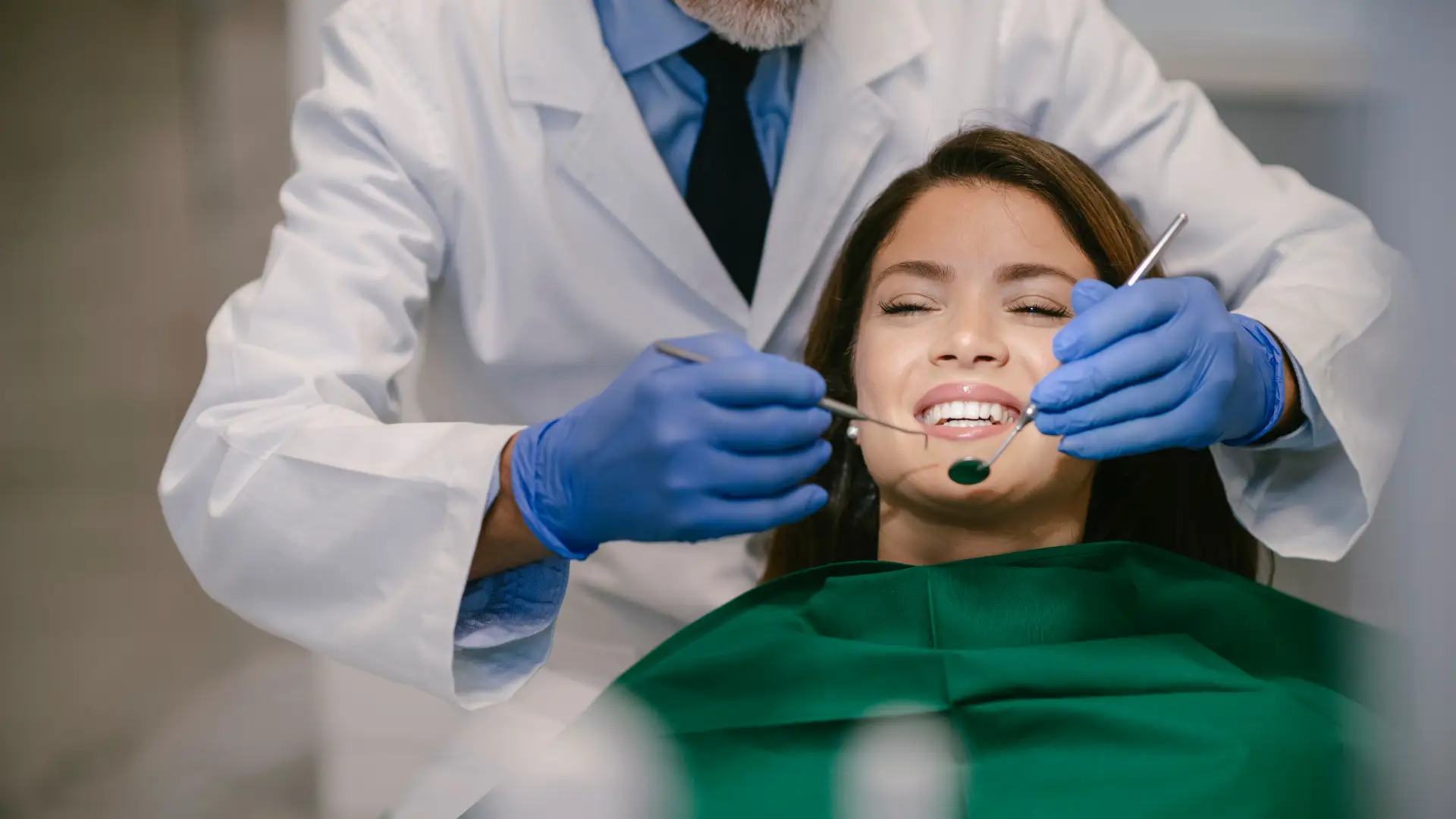Dental emergencies can occur unexpectedly and require prompt medical attention. These situations often involve severe pain, trauma, or conditions that threaten oral health. Emergency dental services provide immediate treatment for these situations. Understanding when to seek emergency dental care can prevent complications and protect your overall well-being.
What Is Emergency Dental Care?
Emergency dental care refers to immediate treatment provided for urgent oral health conditions. This type of care addresses situations that require prompt attention to prevent permanent damage. Treatment focuses on pain relief, infection control, and preventing further complications. Emergency dentists assess the severity of the situation and provide appropriate immediate care.
What Are the Available Services?
Emergency dental services encompass various treatments for urgent oral health conditions. Pain management is a primary service that addresses severe toothaches and discomfort. Emergency dentists use medications and procedures to provide immediate relief from dental pain.
Trauma treatment handles injuries to teeth, gums, and surrounding tissues. This includes addressing knocked-out teeth, fractures, and lacerations. Emergency dentists work to preserve damaged teeth and restore oral function when possible.
Infection control services treat abscesses, severe swelling, and other bacterial infections. These conditions require immediate attention to prevent spread to other areas. Emergency dentists may prescribe antibiotics and perform drainage procedures to control infections.
What Conditions Does It Treat?
Emergency dental care treats several urgent conditions that require immediate attention. Severe toothaches that cause significant pain and interfere with daily activities qualify for emergency treatment. These situations often indicate underlying infections or damage that need prompt care.
Dental trauma from accidents or injuries requires emergency intervention. Knocked-out teeth have the best chance of preservation when treated within 30 minutes to one hour. Fractured or chipped teeth may also need immediate care to prevent further damage and pain. Dental infections and abscesses also require emergency dental attention.
How Does Emergency Care Prevent Complications?
Emergency care prevents minor issues from developing into serious health problems. Prompt treatment of infections stops bacterial spread to other parts of the body. This intervention can prevent sepsis and other life-threatening systemic complications.
Early intervention in trauma cases preserves natural teeth and oral structures. Quick treatment of knocked-out teeth increases the likelihood of successful reimplantation. Emergency care also prevents additional damage that could occur from delayed treatment. Pain management through emergency care helps to prevent chronic conditions from developing, such as long-term nerve damage and tooth loss.
How Does It Protect Your Health?
This type of dental care protects both oral and overall health through timely intervention. Dental infections can enter the bloodstream and affect other body systems. Prompt treatment prevents these infections from spreading and causing serious health complications.
The cardiovascular system can be affected by untreated dental infections. Bacteria from oral infections may contribute to heart disease and stroke risk. Emergency care addresses these infections before they impact cardiovascular health.
Visit an Emergency Dentist Today
Emergency dental care provides valuable treatment for urgent oral health conditions. These services prevent complications, preserve teeth, and protect overall health. Recognizing when to seek emergency care can make the difference between saving and losing a tooth. Don’t delay treatment when facing a dental emergency; contact an emergency dental service immediately if you experience severe pain, trauma, or signs of infection.


Leave a Reply